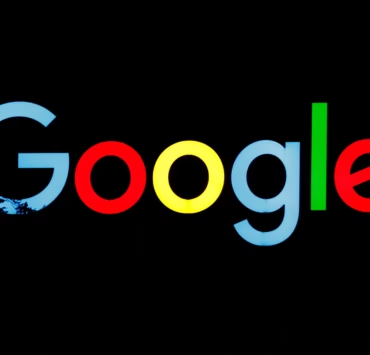
Amazon is exploring a new frontier in digital advertising by planning to embed ads within conversations on its AI assistant, Alexa+. As the company continues to roll out Alexa+ to millions of users, it sees voice-based, multi-turn interactions as an untapped space for product discovery and monetization. Currently, ads on Alexa appear only in limited formats, such as visual prompts on Echo Show or audio ads between music tracks.
With the rise of generative AI, Amazon aims to make Alexa+ more natural and capable of agent-like behavior. This shift also opens new doors for advertising, potentially blending sponsored suggestions into everyday conversations with users. While this concept offers revenue potential, it also presents technical and ethical challenges not yet fully addressed.
Subscriptions, Monetization, and AI Competition
Alexa+ is now available for free to Prime subscribers and also offered as a $20-per-month standalone subscription. Amazon is considering introducing additional subscription tiers, including possibly an ad-free version. These options would give users more control over their experience, while enabling Amazon to test various monetization models.
The tech giant’s push into generative AI comes as competition heats up, with players like Google and OpenAI also exploring ad-supported models. Amazon’s significant capital investment—$31.4 billion in Q2 2025 shows its commitment to catching up in this space. Much of this funding supports the development of proprietary AI chips and the expansion of data centers for model training.
Despite the enthusiasm, some of Alexa+’s more advanced features have experienced delays. As user engagement becomes key to generating ad revenue, consistent performance and user satisfaction will remain crucial.
Challenges Around Accuracy and Privacy
Introducing ads into AI-generated conversations raises questions about accuracy and trust. Like many generative AI systems, Alexa+ is prone to hallucinations. Before integrating brand messaging or product promotions, Amazon will need to ensure that Alexa+ provides reliable and truthful content. Otherwise, advertisers may hesitate to participate.
Additionally, the plan could heighten privacy concerns. Generative AI tools often collect more detailed user data compared to traditional assistants, simply because they enable longer and more natural conversations. If Amazon begins incorporating targeted ads based on those conversations, it could trigger discomfort among privacy-conscious users.
Nonetheless, advertising remains a growing segment for Amazon. As its advertising revenue continues to climb, the company is looking to blend commerce and conversation setting the stage for a new era in AI-driven marketing.















